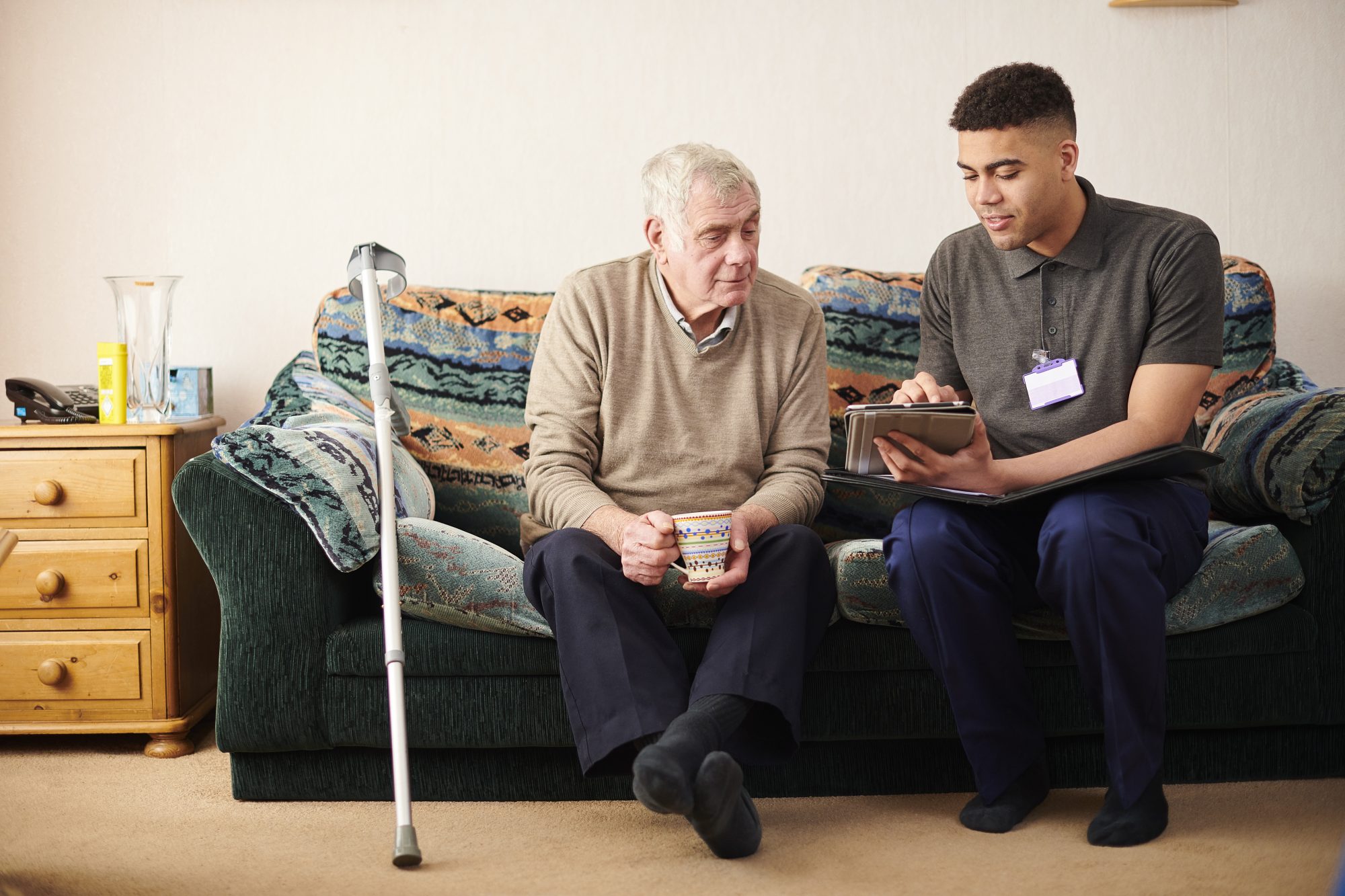Half the British public does not believe care homes are capable of providing their loved ones with adequate care, and yet social care reform continues to lose out
We saw in a recent article from the Guardian that half the British public does not believe care homes are capable of providing their loved ones with adequate care. Despite remarkable findings like this, the momentum for social care reform continues to lose out due to Government delays.
Virtually no politician is willing to speak honestly about the failing state of the healthcare sector. According to a report from The Health Foundation, “so little action has been taken by successive governments” that the accumulating scale of unmet needs and the growing pressure on the social care sector is greater than ever before.
A lack of government understanding about how the system works (or how it should work) is becoming ever more clear. Continuing to wait for the government to execute the necessary reforms for the social care sector puts the lives of thousands at risk. Therefore the path to provide our older generation with a better quality of life must come from both the public and private sectors.
Bring down barriers between the two
Health and social care are inextricably linked. We know how pressure on either side creates a knock-on effect, ultimately impacting the population’s health and confidence to age. Nevertheless, the two sectors continue to work largely independently of each other – specifically in terms of sharing crucial patient data and professional capacity.
The process of sharing data across health and social care isn’t currently streamlined
The process of sharing data across health and social care isn’t currently streamlined. More often than not, sharing critical data about a care plan or a care recipient’s well-being is a non-linear journey, with several pieces of paper or endless forms to refill. This can be incredibly stressful for professionals on both ends and causes communication between the two sectors to become fragmented and disorganised. The impact of this fragmentation has become evident when patients are to be discharged.
As such, standardising the interoperability of data between health and social care is a fundamental step in accelerating the discharge process and leveraging local social care capacity. Developing a scheme where both sectors communicate with greater transparency to allow a timely, high-quality flow of data will be the key to breaking down the barriers we see today. This will not only increase capacity across the board but ultimately deliver older adults the confidence to age healthily and happily.

Upskilling to drive meaningful social care reform
To drive meaningful reforms, public and private sectors in the fields of care policies and innovation must shift their focus towards personalised, preventative healthcare. The benefits are numerous: this form of care has the potential to effectively build a confident ageing population, unburden hospitals and significantly lighten economic load across all touchpoints.
To make the promise of preventative care a reality, we must also remove the obstacles that currently exist
However, in order to make the promise of preventative care a reality, we must also remove the obstacles that currently exist in the way we train the health and care workforce, as suggested by MP Patricia Hewitt in The Hewitt Review.
In this regard, the government must create complementary strategies for the social care workforce that truly empower health and care professionals with greater flexibility when moving between roles and in the delegation of healthcare tasks.
Similarly, to maximise the opportunities that preventative care presents, the sector must make an effort to equip these care professionals with specialities in data science, risk management, actuarial modelling, system engineering, general and specialised analysis and intelligence. Also, all pointed out in the Hewitt Review.
Effective public-private partnerships to aid social care growth
As a privately-led sector, social care has demonstrated time and time again a willingness to innovate. We’ve seen this first-hand through care providers’ use of technology.
Through the digitisation of daily operations, care providers have accelerated the meaningful collection and organisation of recipient data, allowing their care professionals to focus on the work that matters – caring for the elderly.
But, it’s vital to lay the foundations for a wider rollout to give millions the confidence to age as happily and healthily as they deserve. To achieve this, we must proactively encourage partnerships between the private and public sectors.
Firstly, the private sector must lead the charge and push the boundaries for innovation, filling in the gaps where the public sector lacks efficiency and insight. Similarly, the public sector needs to decisively leave behind its poor track record of implementing and taking advantage of new tools and embracing technological transformation.
This, in turn, will facilitate the wider deployment of the latest technology developments, capable of collecting and analysing vast amounts of data to form predictions around a person’s ever-changing care needs. Ultimately, by supporting a shift towards proactive and preventative healthcare driven by technology, we are giving the sector the tools to evolve at last.
Meaningful innovations and technological advancements
Meaningful innovations and technological advancements beneficial to the ageing population might be in the hands of the social care sector. However, effective implementation across the board will require the public sector’s willingness to collaborate. In this historic time for the UK’s social care sector, all parties need to play their part.
This piece has been written and provided by Max Parmentier, co-founder and CEO of birdie.











